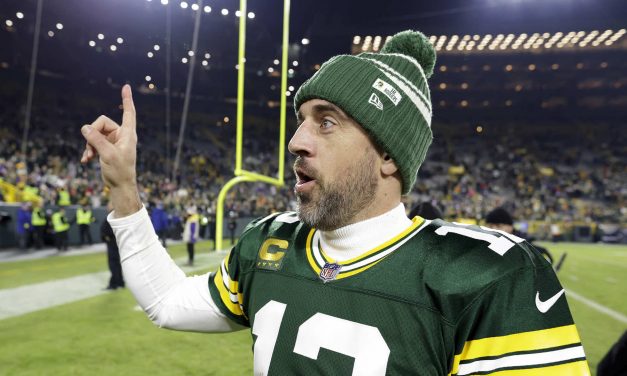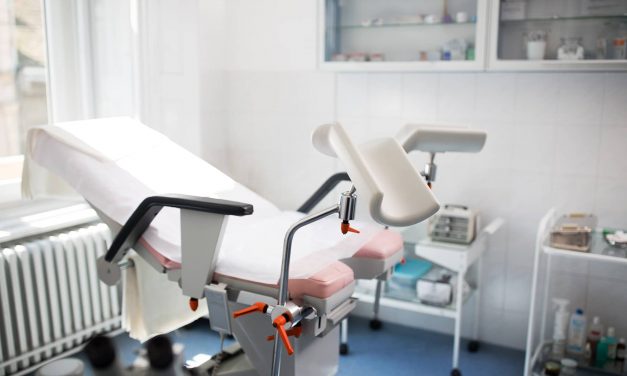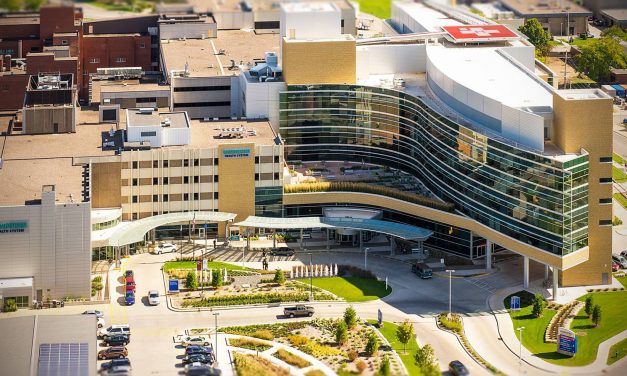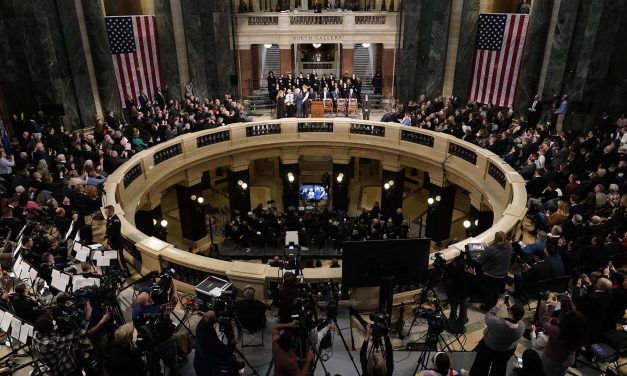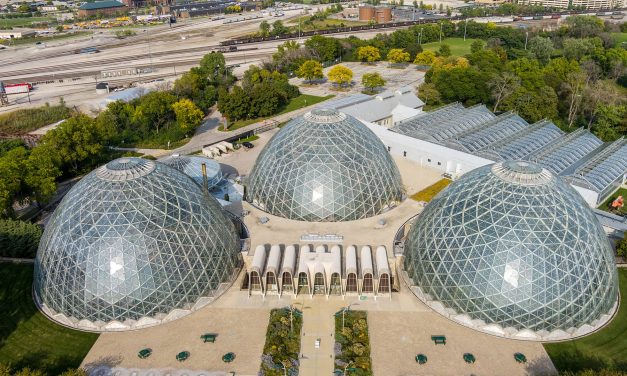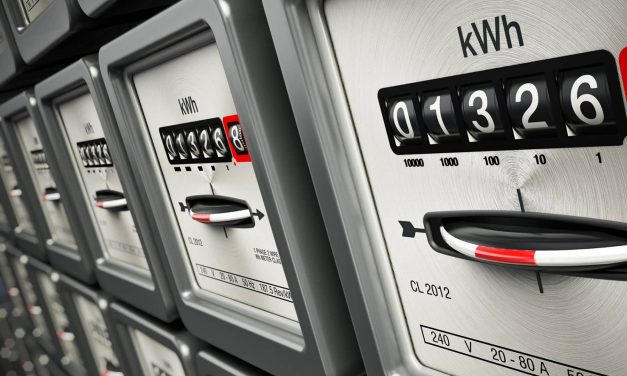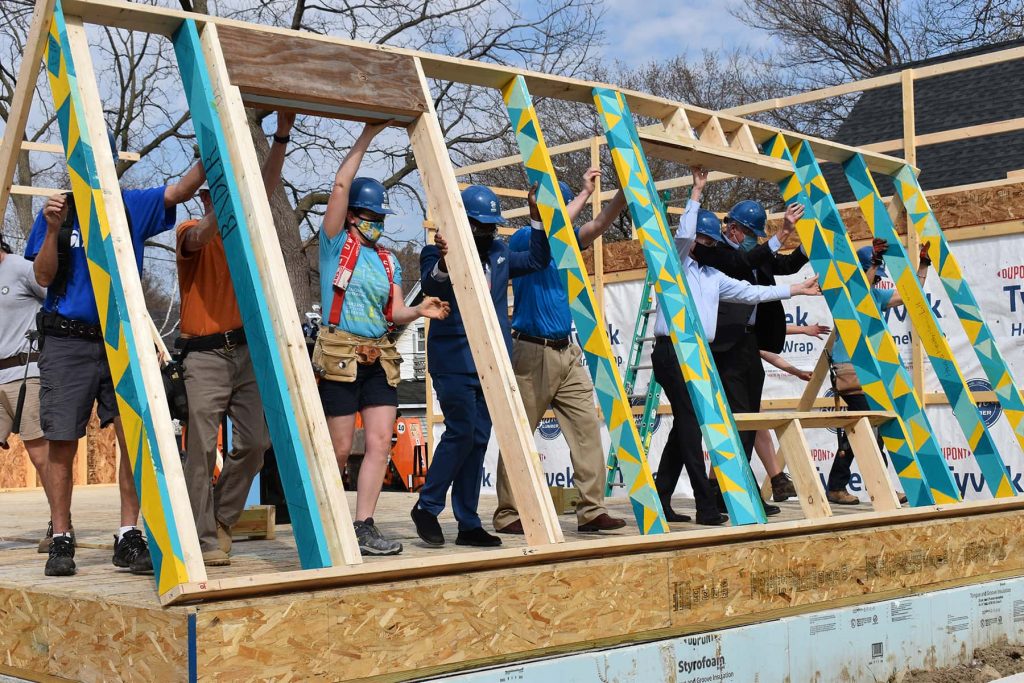Win or go home: Green Bay Packers are just one win away from clinching Super Bowl playoff spot
It has been an eventful time for players and fans, who watched in horror on January 9 as Buffalo Bills safety Damar Hamlin collapsed on the field and had to be given CPR before leaving the field in an ambulance. A few days later, those same players and fans have watched with joy as Hamlin recovered. After losing to the Philadelphia Eagles on November 27, the Green Bay Packers’ playoff aspirations were all but dead. With a record of 4-8, the Packers had a 3 percent chance of making the playoffs going into its week 13 matchup with the...
Read More
